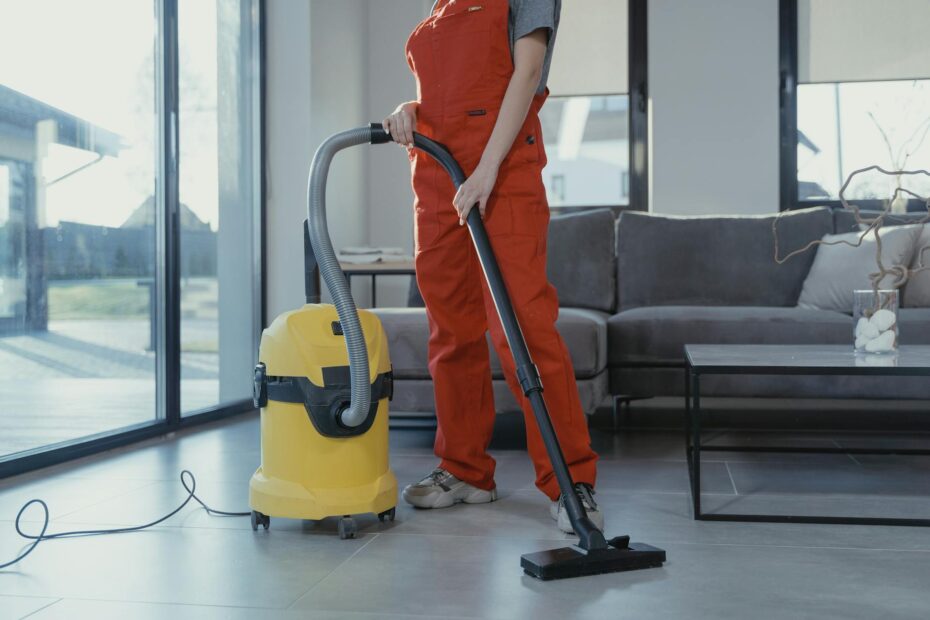Vacuum cleaners are an integral part of modern life, helping to keep homes clean and hygienic. Although they are relatively simple to use, they contain sophisticated technology, the most important part of which is the motor. In this article, we'll look at how vacuum cleaner motors work and what to do if they fail.
How vacuum cleaner motors work
The motor of the vacuum cleaner is responsible for creating the airflow that allows the appliance to absorb dust and dirt. Most vacuum cleaner motors are electric and work on the principles of simple electromagnetism. An electric current flows through the motor coil, creating a magnetic field which generates a torque and makes the motor shaft rotate. The shaft in turn turns a fan which causes air to flow through the filters and into the dust collection container.
Main types of vacuum cleaner motors
There are several main types of vacuum cleaner motors:
1. **Universal motors:** These are the most commonly used motors that can operate in both AC and DC mode. They are compact, lightweight and powerful, but can be noisy and more prone to failure.
2. **Direct Current (DC) motors:** Commonly used in cordless vacuum cleaners. They are more energy efficient but can be more expensive.
3. **Induction motors:** These motors are quieter and longer lasting, but are most commonly used in industrial vacuum cleaners due to their larger size and weight.
What to do if the vacuum cleaner motor fails
If the vacuum cleaner motor fails, it is important to quickly identify the cause of the problem and take appropriate action. Here are some steps you can take:
1. **Check the power supply:** Make sure the vacuum cleaner is properly connected to the mains and that there are no interruptions to the power supply.
2. **Clean filters and air ducts:** Clogged filters or air ducts can cause overheating and engine failure. Clean and replace filters regularly according to the manufacturer's recommendations.
3. **Check wiring and connectors:** Faulty or disconnected wiring and connectors can cause power supply problems. Check that all wires are properly connected and that there is no damage.
4. **Call a professional:** If you are not sure what the problem is, or if you need to replace the engine, it is best to contact a professional technician. Doing complicated repairs yourself could cause further damage to the appliance or risk of electric shock.
Preventive measures for the longevity of vacuum cleaner motors
It is important to follow a number of preventive measures to avoid vacuum cleaner motor failures:
- **Clean filters regularly:** Clogged filters can cause overheating and wear on the engine. Follow the manufacturer's instructions on how often to clean and replace filters.
- **Avoid sucking up large objects:** Vacuum cleaners are not designed to suck up large objects, so try to avoid sucking up debris that could block the air ducts or damage the motor.
- **Use the appliance for its intended purpose:** Try not to use the vacuum cleaner for long periods of time without interruption, as this may cause the motor to overheat.
The vacuum cleaner motor is an essential part of the appliance, so it is important to take care of it and take timely action if you notice any signs of failure. By following these tips, you will be able to enjoy an efficient and reliable vacuum cleaner for longer.

